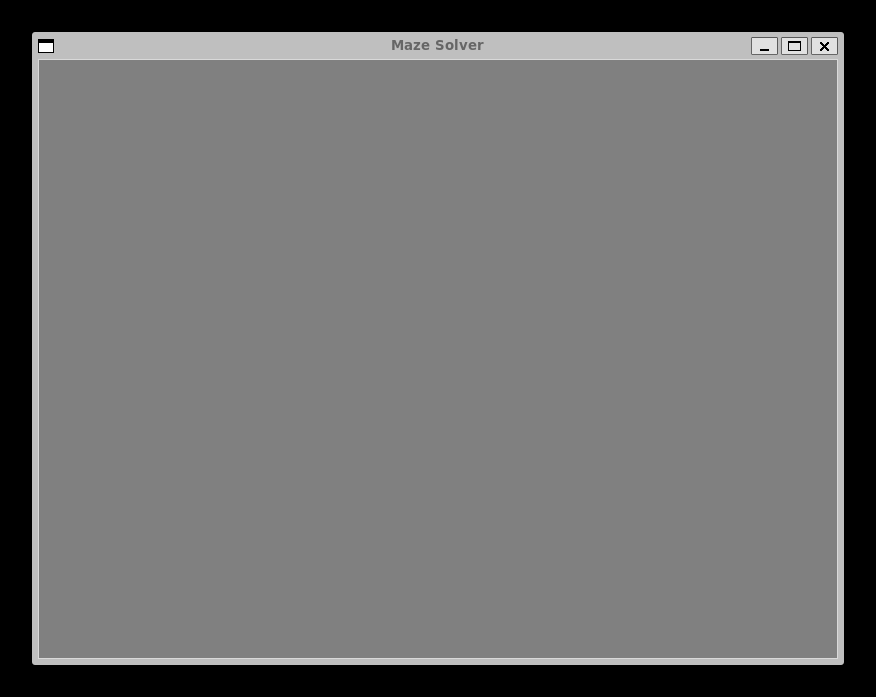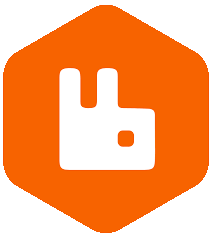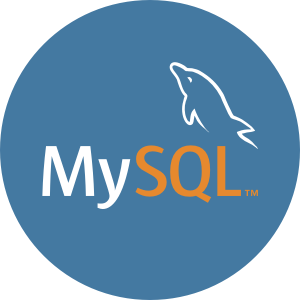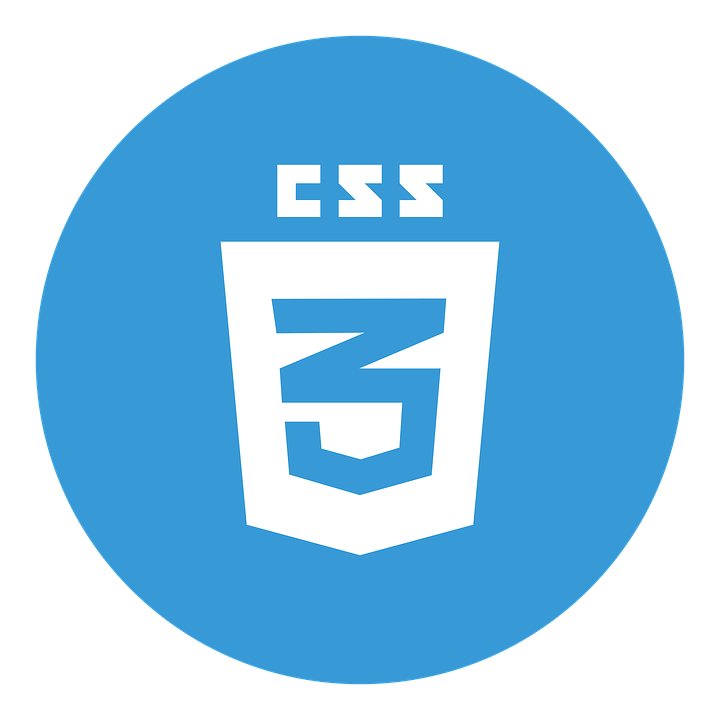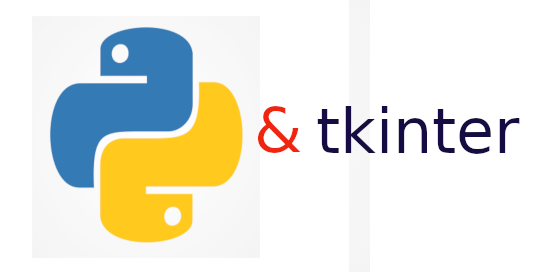Pedro Fortunato
Backend Developer
I'm a backend developer focused on building clean, scalable systems and streamlining development workflows. My core expertise is in Go, and I’ve also worked with Node.js, Python, and MySQL to develop everything from internal services to real-time backend components.
Lately, I’ve been deepening my knowledge of infrastructure, working with Docker, AWS, and GCP in production, and experimenting with Terraform, Kubernetes, and GitHub Actions in my personal projects. I'm especially interested in roles where backend development intersects with infrastructure, automation, and developer experience. Areas where thoughtful engineering can remove friction and improve team velocity.
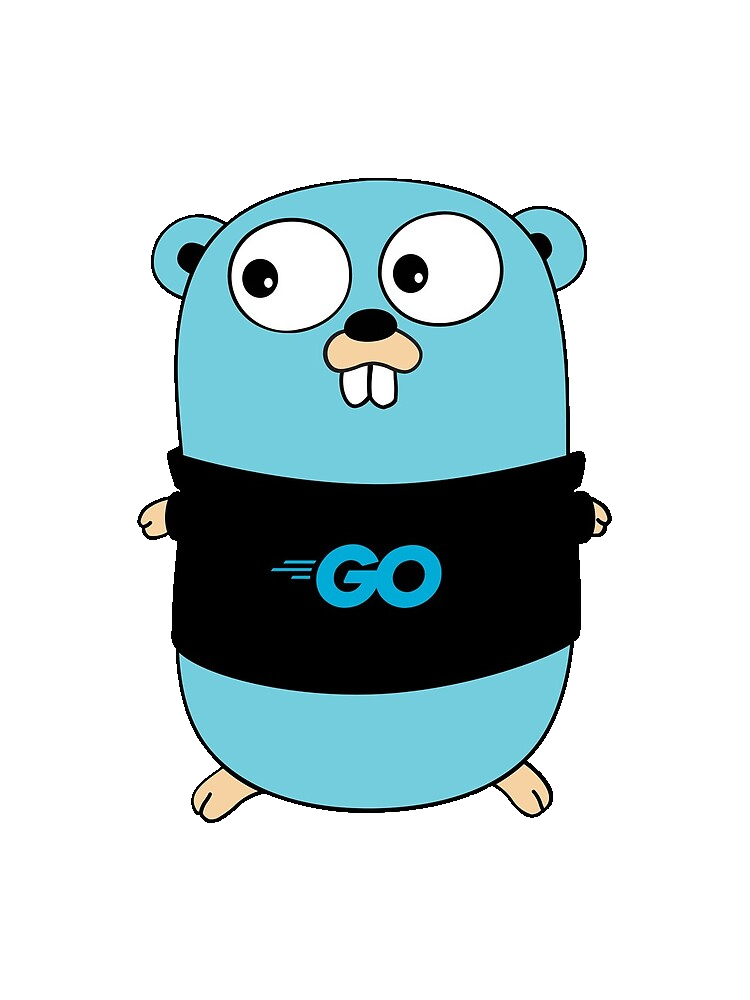
Projects
Lenic
A lightweight social network built in Go using the Gorilla Web Toolkit, featuring session handling via cookies and real-time updates through WebSockets. Includes a custom mailing microservice and a gRPC API to interact with the app through Postman. Emphasis on scalable, modular back-end design using RabbitMQ and Docker. Currently undergoing a rework to enable deployment on AWS, leveraging EC2, RDS, ElastiCache, S3, and CI/CD pipelines, as well as migrating the database from MySQL to PostgreSQL. Also, a modular contract-based library for social network development to be integrated into the project backend is planned for the near future.
FizzBuzz API
A production-ready REST API built in Go as part of a one-week coding challenge. It extends the classic fizz-buzz with configurable parameters and includes JWT authentication, input validation, database-backed request statistics with pagination, Swagger docs, Docker Compose deployment, and full unit/integration tests — all in a clean, modular architecture designed for maintainability.
Double or Nothing Dice
This project was developed in a week as a coding challenge for a job interview at Vertsa, where i currently work. Double or Nothing Dice is a web-based betting game developed in Go as part of a take-home assignment that led to my current role at Vertsa Play. The game features real-time gameplay via WebSockets and a REST API for user management, including JWT authentication and email verification. Redis is used to persist the current game state, while PostgreSQL handles user data and stores the game upon finishing. Containerized with Docker for straightforward deployment. Players can register and authenticate through email verification, amd play the game, place bets, and manage their balance through Postman.
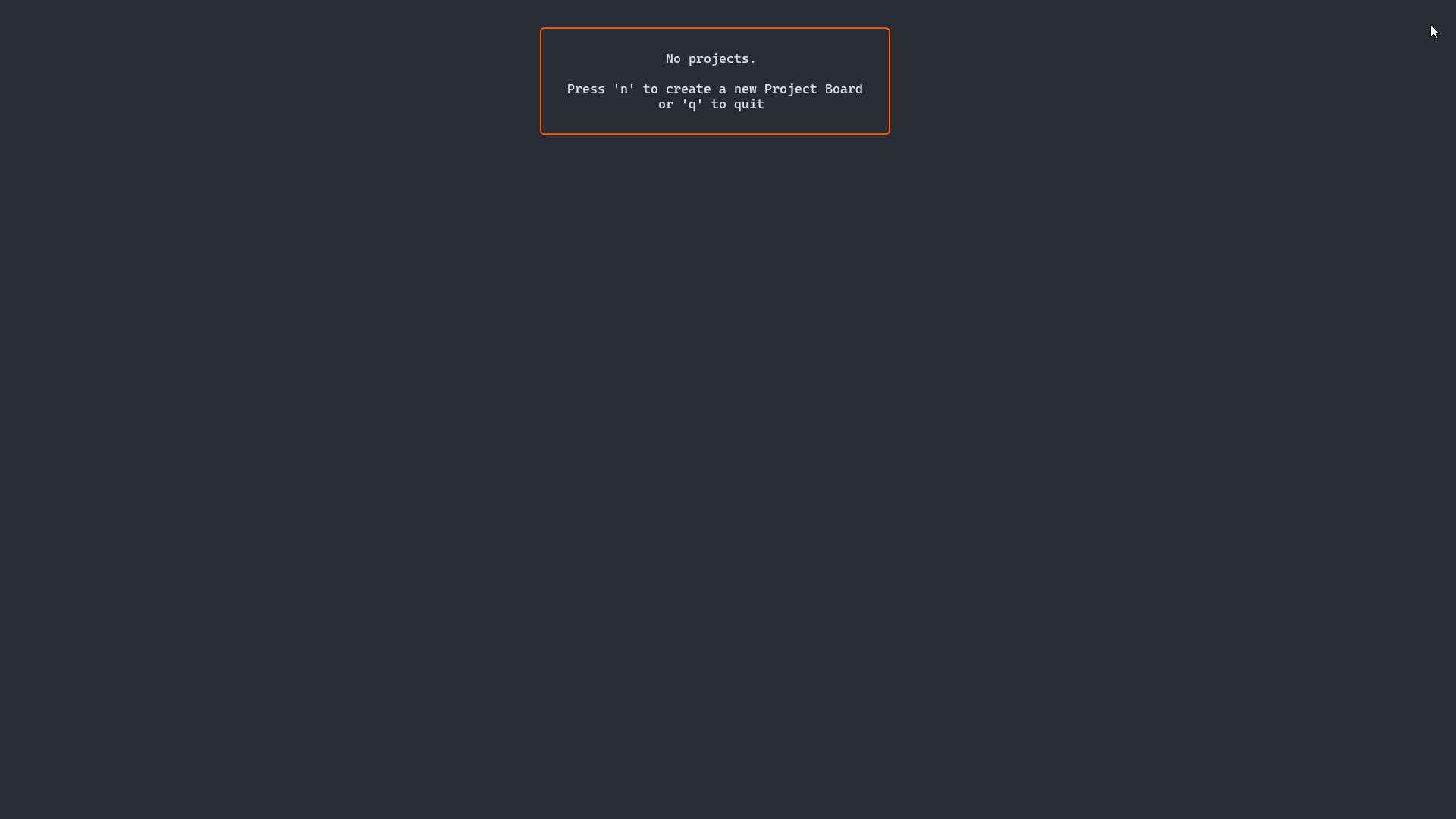
Kanboards
A Trello-style task board for the command line, built using Go and the BubbleTea framework. Designed around the Elm architecture (Model-View-Update), this project served as a real-world implementation of my custom Go Data Structures library, with SQLite for persistent storage.
ToDew
A browser-based task manager with drag-and-drop task organization. Built to explore front-end fundamentals like DOM manipulation and event handling, this project reinforced how client interactions integrate with back-end logic in full-stack flows.
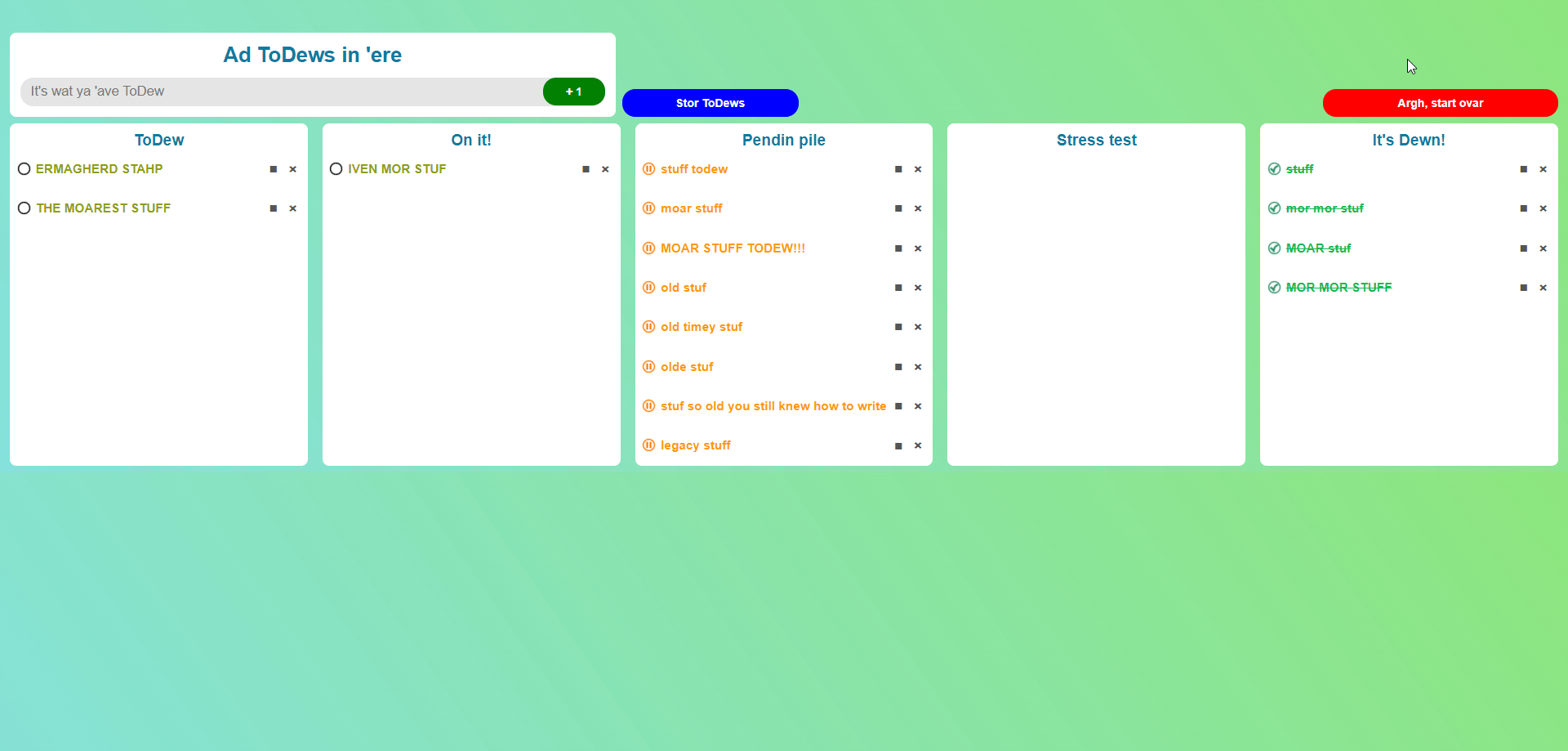
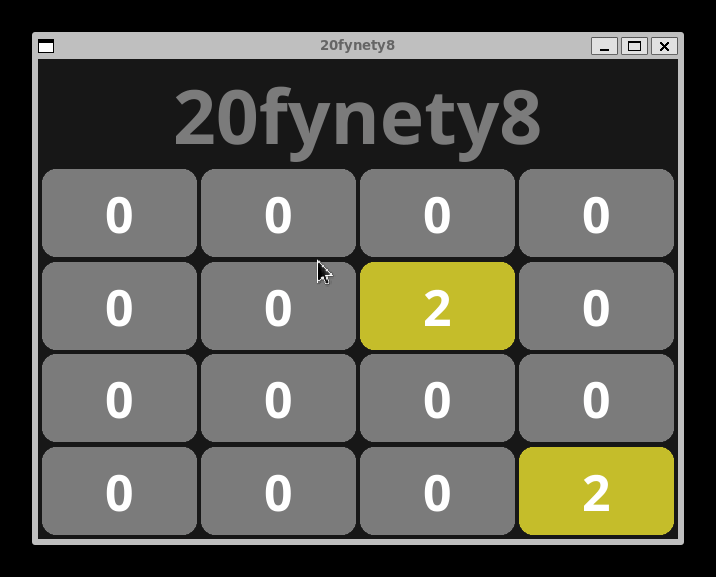
20fynety8
A 2048 clone built in Go with the Fyne GUI framework, designed to practice matrix manipulation and local game state management. While GUI-heavy, the logic emphasizes algorithmic problem-solving and board state updates.
Maze Solver
A visualization tool for depth-first search (DFS), where a random maze is generated and then solved. Built in Python with Tkinter, this project demonstrates recursive algorithms and basic pathfinding strategies.
